Travel plans bring excitement and change, but they can also bring new risks. Poisonings can happen anywhere – even in hotels, rental homes, or while visiting family. New places, different routines, and common traveling mistakes can all increase the risk
Safe Storage Archive
“You’ll never believe what I just did”
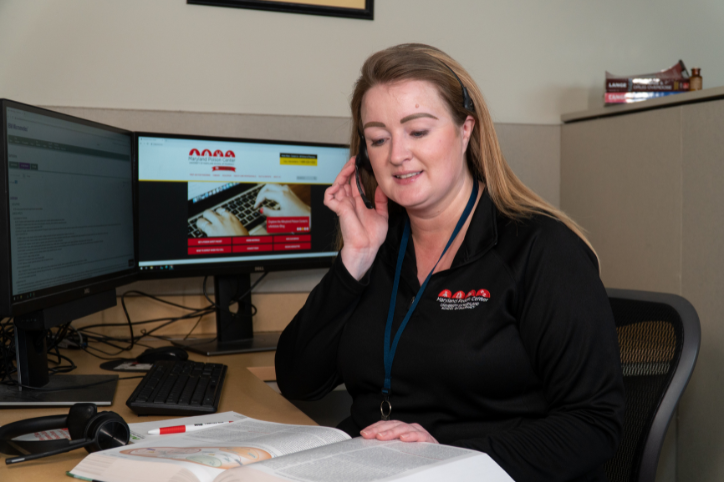
We hear this all the time at the Maryland Poison Center. And we do believe what happened. You may think you’re the first person to have done something worth calling the Poison Center about, but chances are our experts have heard it before.
Poison Safety Tips While Traveling
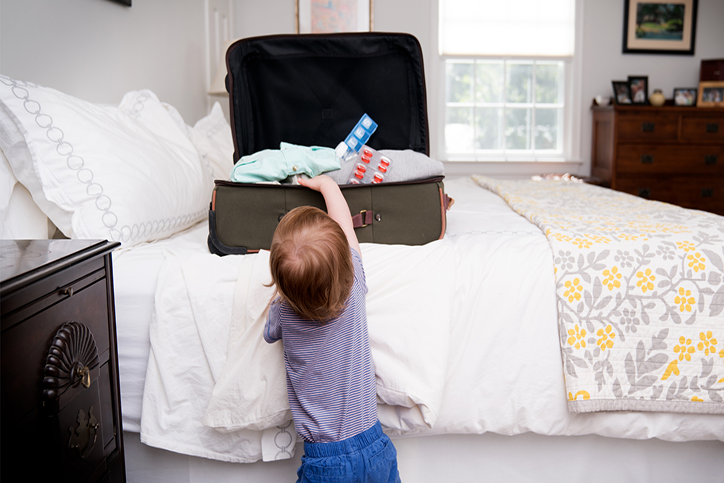
Poisonings don’t take a vacation. They happen 365 days a year. Stay safe while away with these tips!
What You Should Know About Herbicides
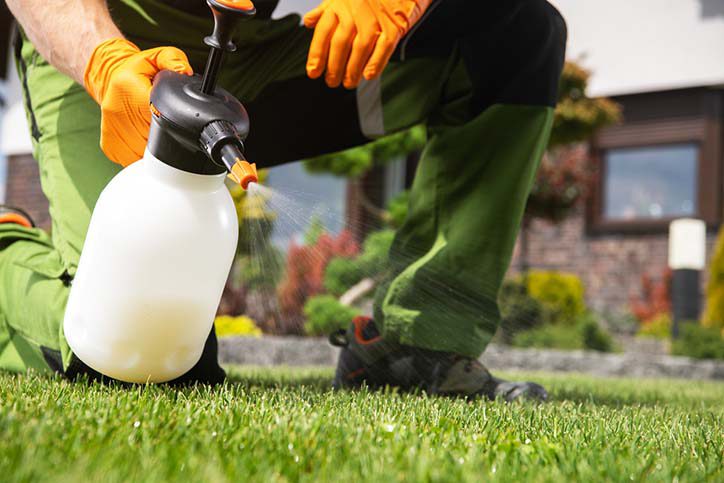
Herbicides, also known as weed killers, are a common household product. The spring season brings warmer weather and a chance to spend more time outside. You may also notice more weeds growing in your lawn or garden. Learn more about herbicides.
Car Care Product Dangers
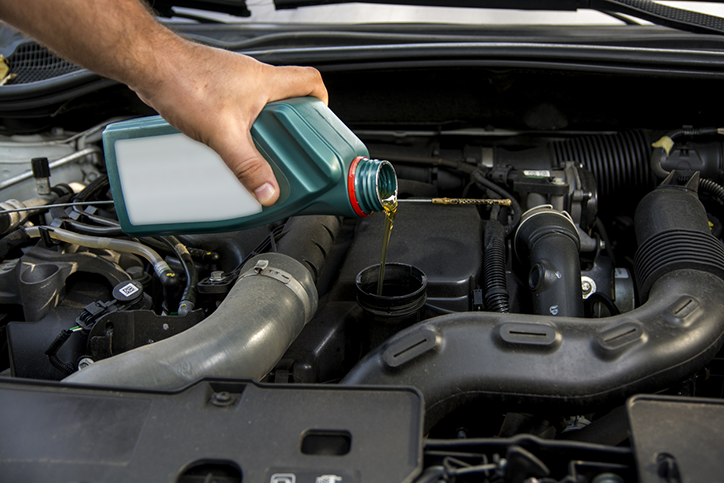
Most people have car care products stored in their garage. Not only do we need to keep ourselves safe when using them, but also keep kids safe whenever they visit your garage.
What You Should Know About Camphor
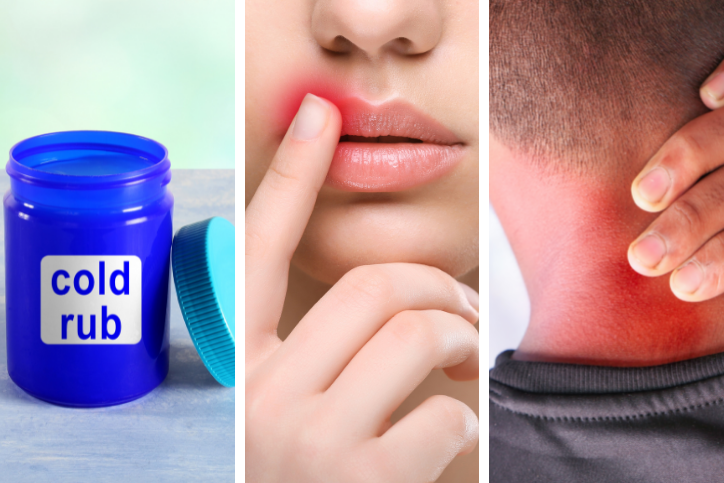
Camphor is a chemical used in a variety of medicines and household products around the world. It is commonly used in creams for its cooling sensation and to provide relief for coughs, itching, cold sores, or sore muscles.
Antihistamine Safety
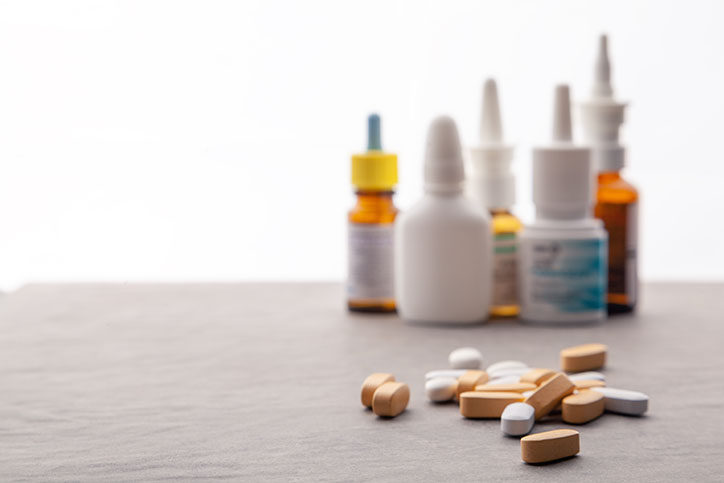
Antihistamines are a type of medicine commonly used to treat allergies. Antihistamines were involved in approximately 1,200 cases at the Maryland Poison Center (MPC) in 2020. Let’s dive deeper into antihistamines and how to safely use them.
Common Inhalation Exposures
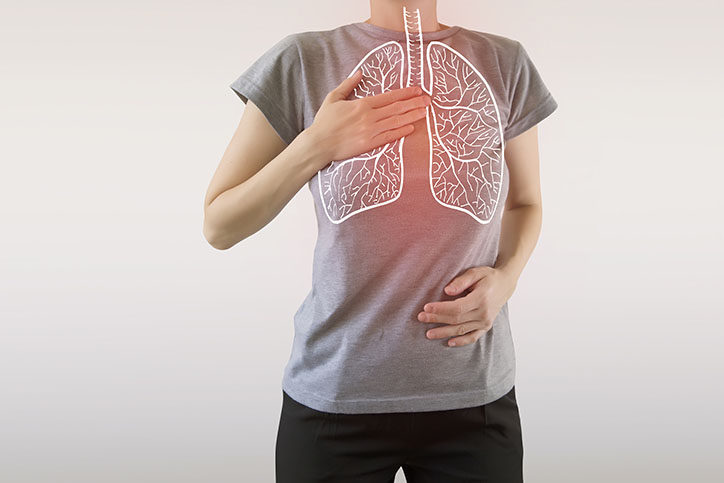
At the Maryland Poison Center (MPC), we talk a lot about poisons that are swallowed. But did you know we manage other types of poison exposures, too? Let’s look at other ways a person can be exposed to a poison, such as inhalation exposures.
What You Should Know About Delta-8-THC
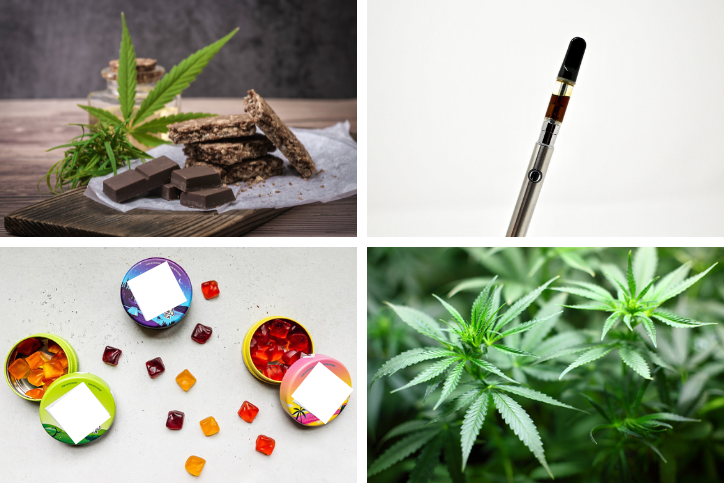
Delta-8-tetrahydrocannabinol (THC), also known as delta-8, is becoming an increasingly popular product. Let’s dive deeper into what you need to know about delta-8 to help keep you and your loved ones safe.
Child-Resistant Packaging
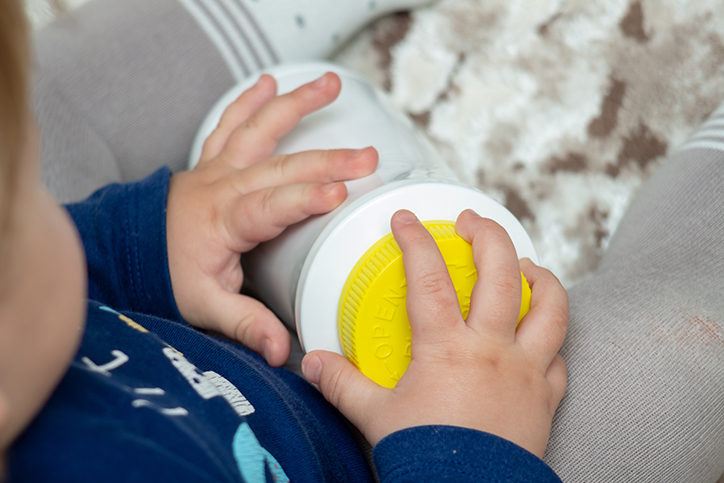
Child-resistant packaging first came into Americans’ lives in 1970. Hundreds of children had been dying each year after getting into household products and medicines. Then the Poison Prevention Packaging Act (PPPA) was signed into law.
- 1
- 2

